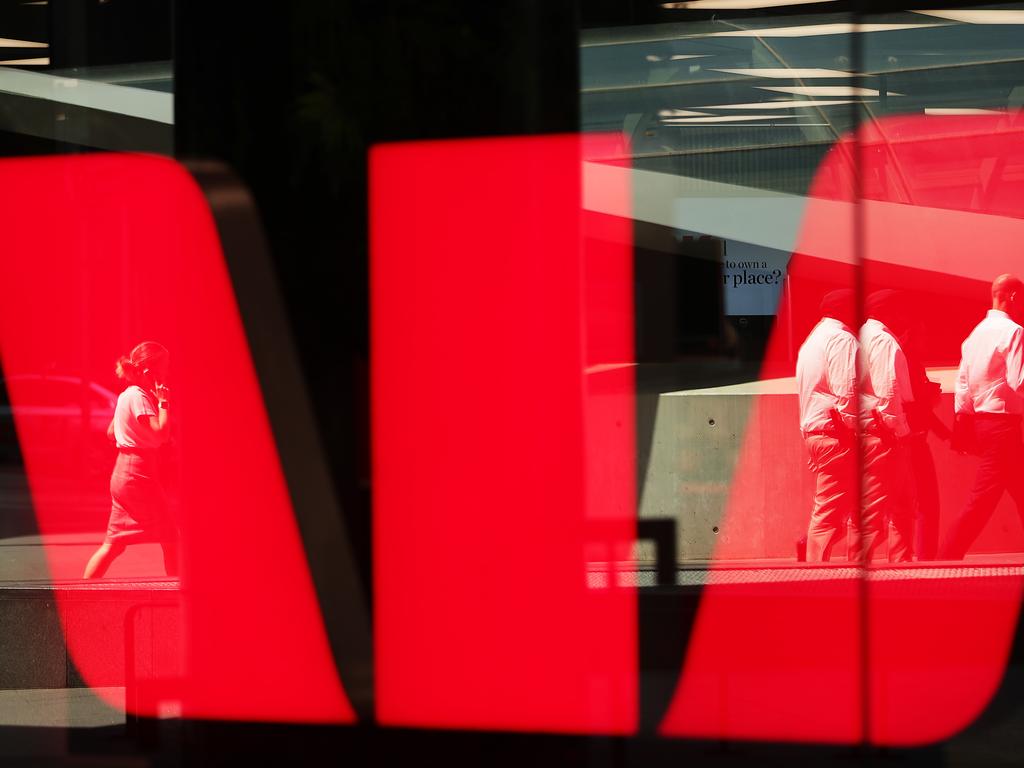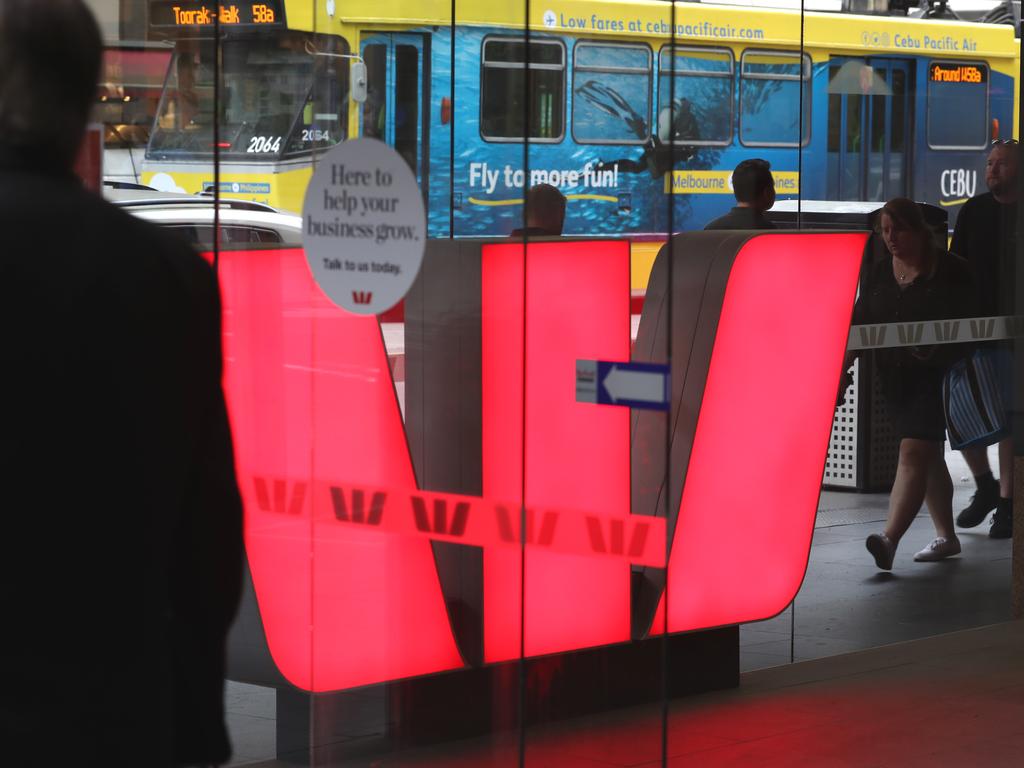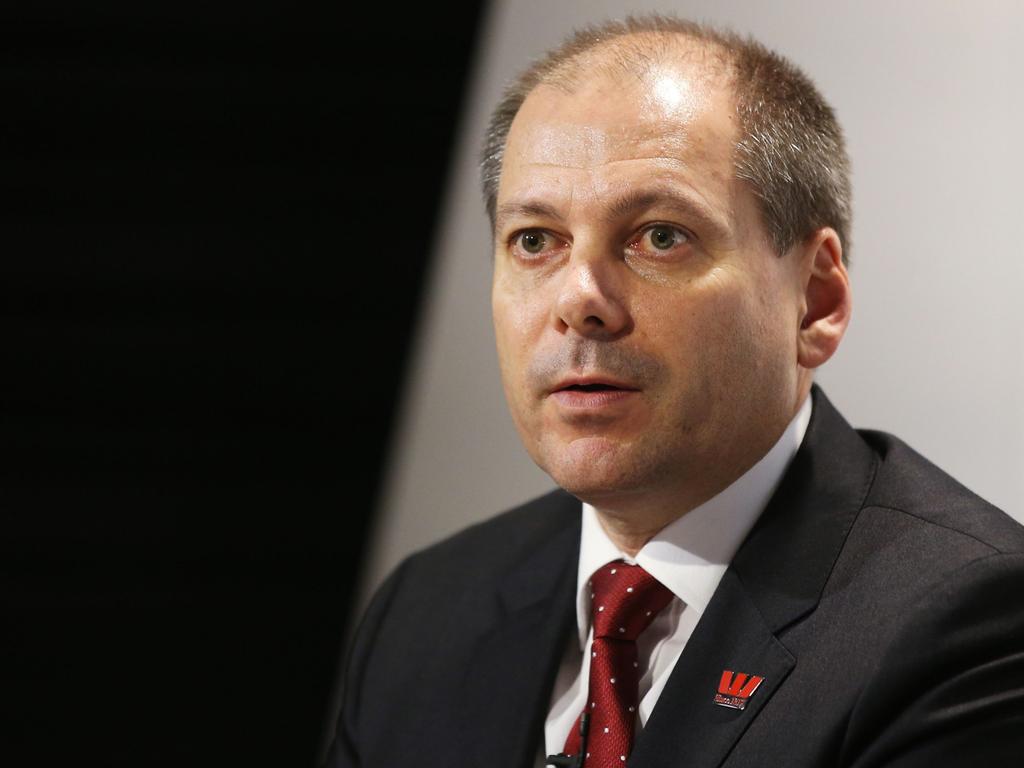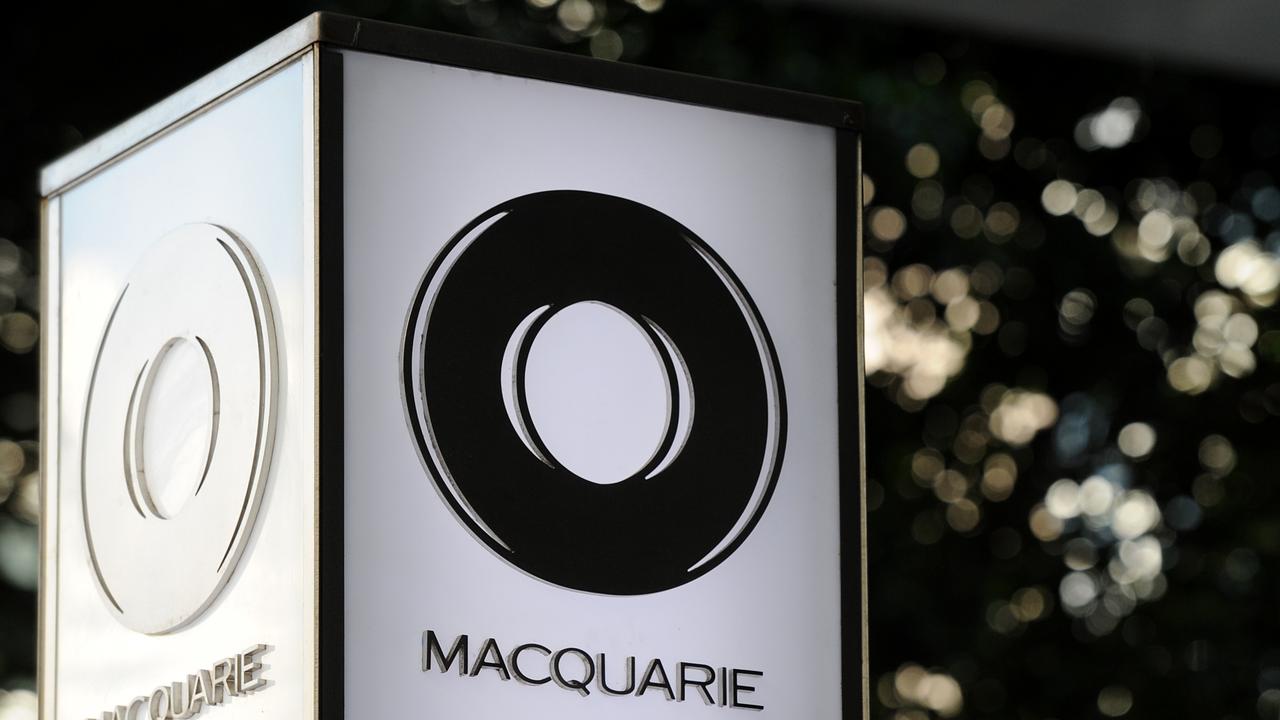Westpac’s deep dive on crimes
Westpac’s lawyers and HR staff have started trawling through 10 years of internal emails in its probe into alleged law breaches.

Westpac’s army of lawyers and human resources staff have started trawling through 10 years of staff emails, as the bank ramps up an internal investigation of 23 million alleged breaches of financial crime laws.
The Australian can reveal law firm King & Wood Mallesons has joined counterpart Allens and Westpac’s human resources team on a deep dive into accountability, largely focused on the institutional bank and risk divisions.
While Allens is front and centre in Westpac’s deliberations with regulator Austrac over legal action launched against it late last year, Gilbert + Tobin is also said to be conducting some work on Westpac’s behalf.
Sources said the accountability review would extend far and wide and was expected to include engagement with departed senior staff including former chief risk officer Alexandra Holcomb, who left the bank in mid-2018, and former global transactional services manager Rachel Slade.
Ms Slade left Westpac in December 2016 and is now chief customer experience officer at National Australia Bank.
Former head of Westpac’s institutional bank and now Commonwealth Bank board member Rob Whitfield may also be subject to scrutiny, alongside the division’s current boss Lyn Cobley and current general manager of global transaction services Dianne Challenor.
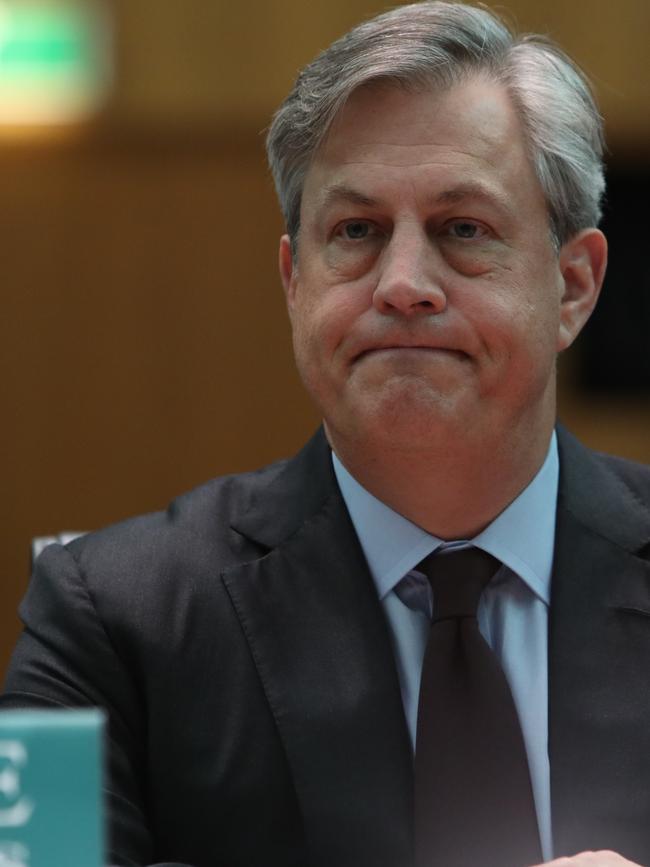
Austrac’s damning legal action against Westpac in November — which included claims the bank facilitated payments linked to child exploitation in The Philippines — has already seen the axe swing on chief executive Brian Hartzer and brought forward the retirement of chairman Lindsay Maxsted.
Westpac and Austrac are working towards an agreed statement of facts on the 23 million breaches, and the matter is slated for a Federal Court case management hearing in March.
A Westpac spokesman said of its accountability review: “There is comprehensive work under way, as we have previously publicly announced.”
The banking and corporate regulators are also conducting separate inquiries into the alleged legal breaches at Westpac, with the Australian Prudential Regulation Authority already imposing an additional $500m capital charge on the bank. That brings the total charge relating to Westpac’s compliance and governance failures to $1bn. Austrac’s court documents allege it made it clear to banks in 2016 there were new guidelines for “key indicators” on the purchase of child exploitation material, through funds transfer, to aid the screening of the activity.
The regulator says it took 18 months for Westpac to implement the change to its systems across its controversial LitePay service and other international payments.
The legal action has also put the spotlight on Australia’s anti-money laundering efforts, which are perceived to trail those in other developed markets, because Austrac is yet to implement a key tranche of global regulation.
That regulation captures real estate agents, lawyers and accountants and compels those industries to report suspicious transactions in the same way the banks do.
Following the furore at Westpac, the bank has outlined a response plan and enlisted the outside help of Promontory to provide assurance over the bank’s assessment of management accountability and adequacy of its financial crime program.
In December, Westpac appointed NBN chairman Ziggy Switkowski and energy market expert Kerry Schott to a panel that will make recommendations on board risk governance and accountability.
The response plan also includes work by Promontory to provide assurance over Westpac’s assessment of management accountability and the adequacy of Westpac’s financial crime program.
Westpac has said it will make the recommendations of the panel’s review public.
The bank’s board has suspended the payment of 2019 executive bonuses pending the outcome of the review, but stopped short of scrapping the payments.
Westpac confronts a financial penalty in the order of $1bn stemming from the Austrac action, a settlement that would eclipse the Commonwealth Bank’s record $700m approved by the Federal Court in 2018.
While the Westpac internal investigation is in its early stages, sources with knowledge of the matter have pointed out issues including downsizing and notable turnover within Westpac’s global transactions and payments division in recent years.
Departures have included managing director of payments Philip Joyce who left in mid-2018 and now works at the ASX, former compliance officer Amanda Wood who has also been dubbed a whistleblower and left eight months ago, former transactional solutions boss Mike Baldwin and head of transactional and trade sales Elise Fairbairn. The latter two have joined Commonwealth Bank.
Former head of risk and strategy for global transaction services Danielle Avery left Westpac in 2017 and has since joined Norton Rose as a senior risk adviser.
Ms Slade left Westpac before the controversial LitePay product was launched but led the global transactional services unit for more than two years until December 2016.
APRA late last year started its first compliance probe under the new banking executive accountability regime (BEAR), that could see Westpac executives and managers banned and the bank hit with further fines.
APRA will look at whether executives and managers have been held to account and if the Banking Act or prudential standards have been breached.
Under the BEAR the regulator is not required to go to court.


